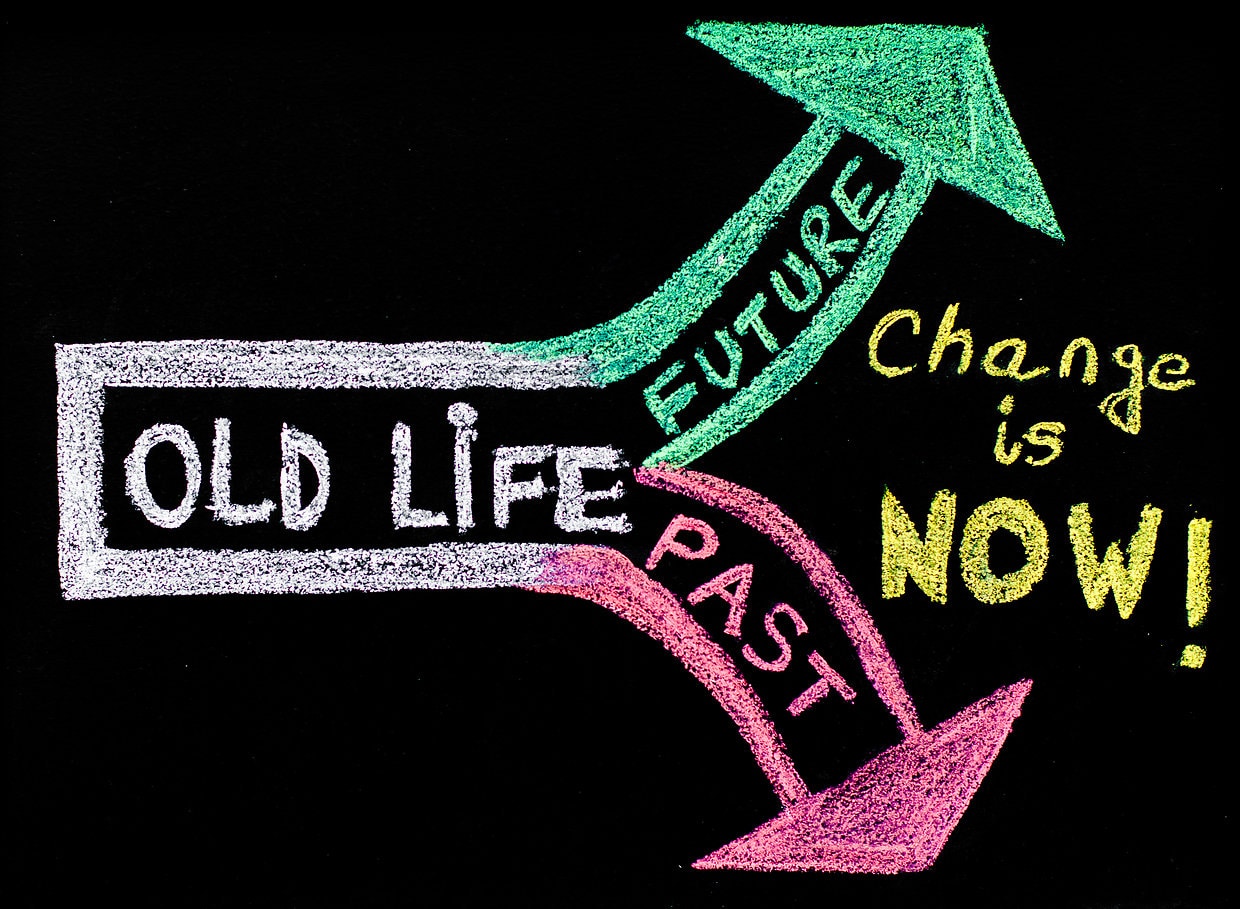Can Anyone Be a Coach? Unpacking the Essentials for Effective Coaching
Introduction
Coaching has become a popular and sought-after profession in various fields, promising personal and professional development for individuals and organizations alike. The question arises: Can anyone become a coach? While the desire to help others achieve their goals is commendable, effective coaching demands more than just good intentions. In this blog post, we’ll explore the key elements that differentiate a successful coach from someone with a willingness to guide.
- Inherent Skills:
Not everyone possesses the natural aptitude required for coaching. Essential skills include active listening, empathy, communication, and the ability to ask powerful questions. While these skills can be developed over time, having a foundation can significantly enhance a coach’s effectiveness.
- Experience Matters:
Coaching is more than just dispensing advice; it involves understanding the nuances of individual experiences. Coaches with diverse life experiences bring a broader perspective to their practice, allowing them to connect with a wider range of clients. Real-world experiences provide insights that theoretical knowledge alone may not encompass.
- Formal Training and Certification:
Formal training and certification programs can be instrumental in honing coaching skills and methodologies. These programs offer structured learning, feedback, and a deeper understanding of coaching principles. Recognized certifications not only validate a coach’s competence but also instill confidence in clients seeking professional guidance.
- Continuous Learning:
The coaching landscape is dynamic, with evolving methodologies and approaches. A commitment to continuous learning is crucial for staying relevant and effective. Successful coaches engage in ongoing professional development, attend workshops, and stay abreast of industry trends to enhance their coaching toolkit.
- Ethical Considerations:
Coaching involves a level of responsibility, and ethical considerations are paramount. A good coach adheres to ethical guidelines, maintaining confidentiality, and ensuring the well-being of their clients. Understanding the ethical dimensions of coaching is essential for building trust and credibility.
- Adaptability:
Effective coaching requires adaptability. Clients come from diverse backgrounds with unique needs and challenges. A coach must be flexible in their approach, customizing their methods to suit individual situations. The ability to adapt ensures that coaching remains relevant and impactful.
Conclusion
While the desire to be a coach is admirable, it’s essential to recognize that effective coaching involves a combination of inherent skills, diverse experiences, formal training, and continuous learning. Aspiring coaches should approach their development with a commitment to honing their craft, staying current with industry trends, and always prioritizing the well-being of their clients. Ultimately, the journey to becoming a successful coach is a dynamic and ongoing process, requiring dedication and a genuine passion for helping others thrive.
Can Anyone Be a Coach? While many can develop coaching skills, effective coaching requires a combination of skills, experience, and, often, formal training or certification.







